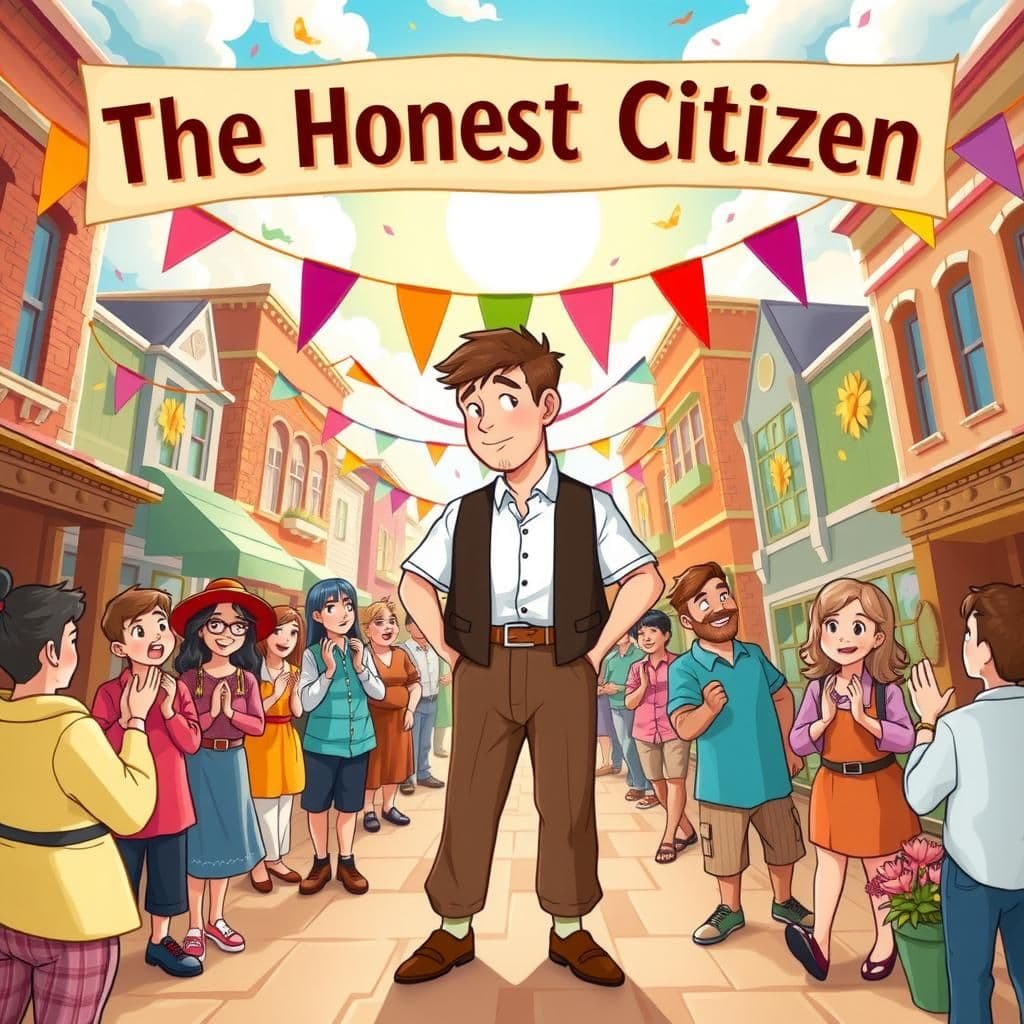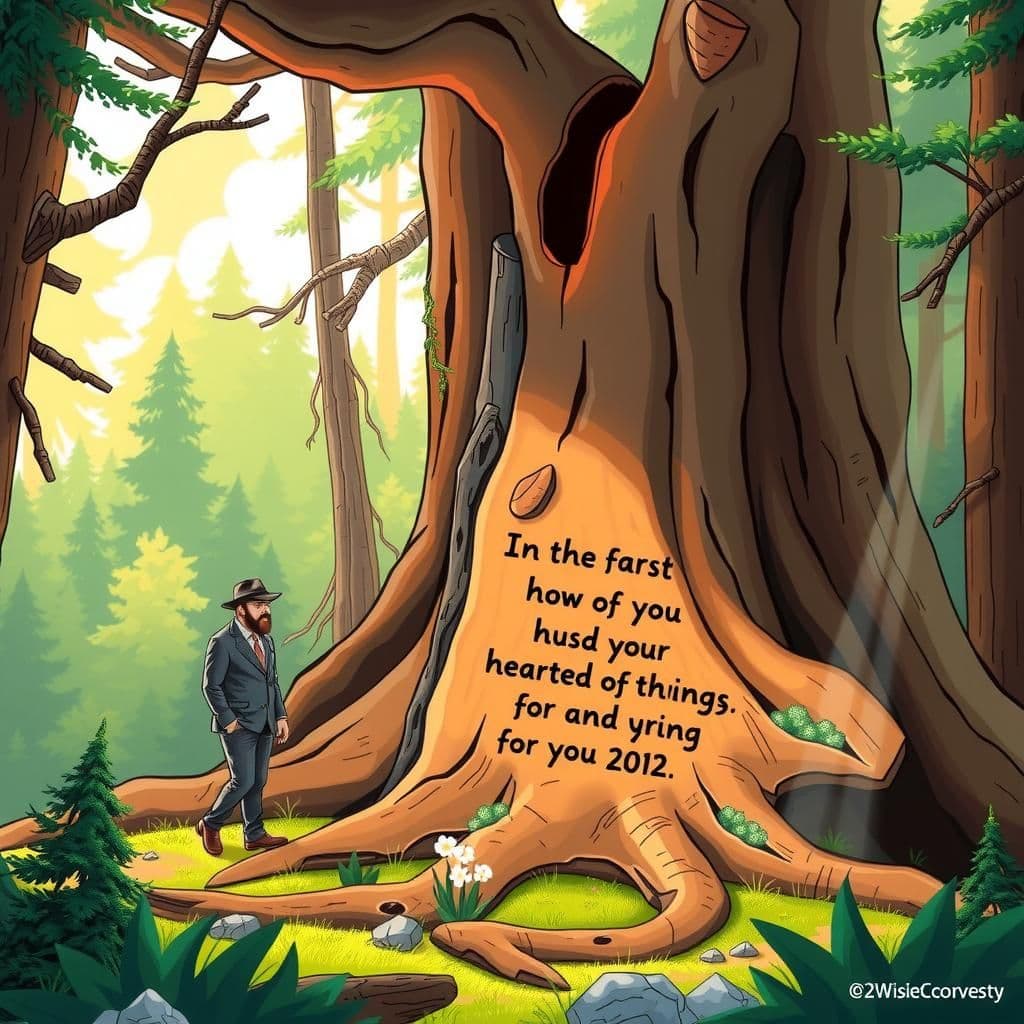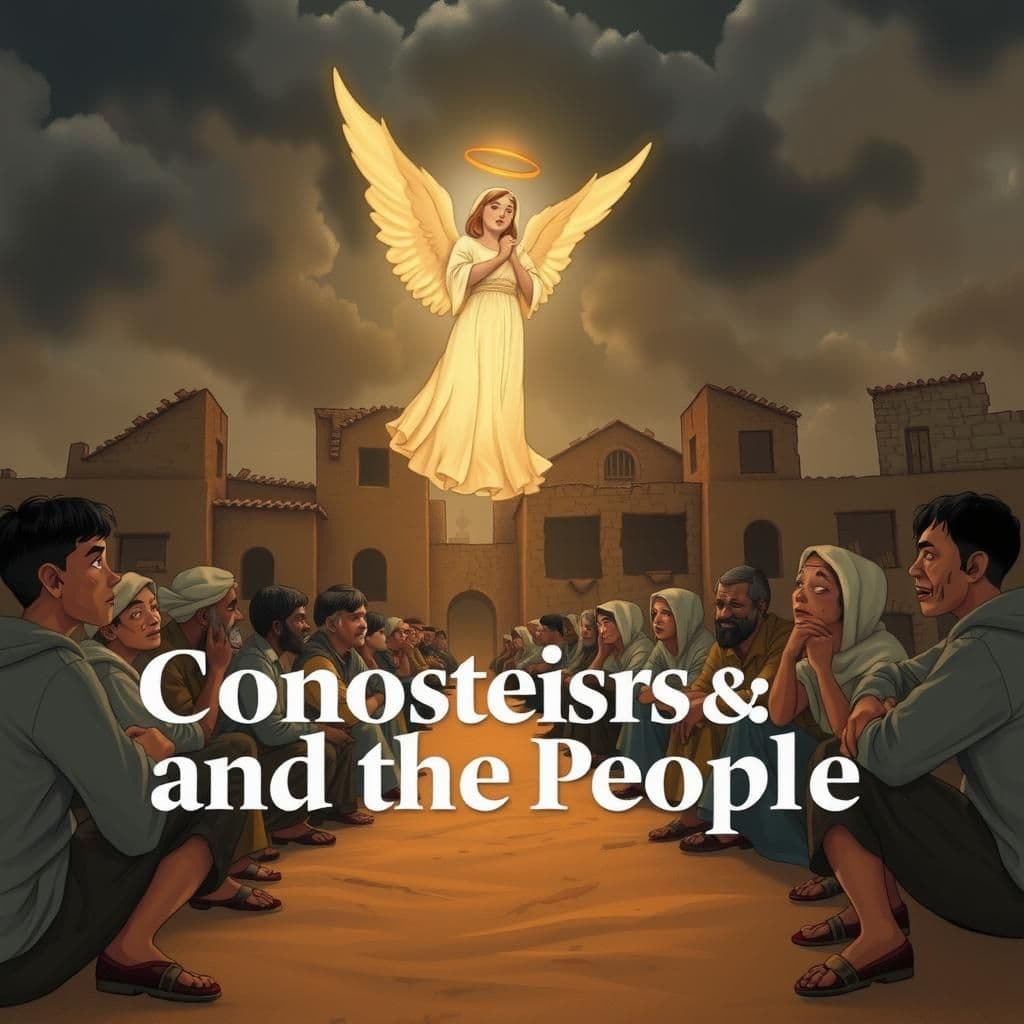The Honest Citizen

Story Summary
In "The Honest Citizen," a wisdom-packed moral story, a political position is up for sale, but a Truly Good Man refuses to purchase it when he finds the price exceeds his moral limits. The people commend him for his integrity, recognizing him as an honest citizen, while he humbly accepts their praise. This short moral tale serves as a powerful lesson on the importance of staying true to one's principles in the face of temptation.
Click to reveal the moral of the story
The moral of the story is that true integrity is demonstrated by refusing to compromise one's values, even when faced with enticing offers.
Historical Context
This story reflects the satirical tradition of political commentary found in literature, particularly in the context of early 20th-century America, where corruption in politics was rampant. It echoes themes from works like Aesop's Fables and the writings of Mark Twain, which critiqued the moral failings of individuals in positions of power and the societal reverence for perceived integrity, emphasizing the tension between personal ethics and political expediency.
Our Editors Opinion
This story highlights the importance of integrity and the value of staying true to one's principles in a world where ethical compromises are often tempting. In modern life, a real-life scenario could involve a corporate employee who discovers their company is engaging in unethical practices to boost profits. Despite the potential for personal advancement and financial gain, the employee chooses to report the misconduct, prioritizing integrity over ambition, earning the respect of their peers and the community.
You May Also Like

The Man and the Dog
In this simple short story with moral undertones, a man learns that feeding the dog that bit him a piece of bread dipped in his blood could heal his wound. However, the dog refuses, insisting that accepting the gesture would suggest improper motives for his actions, as he claims to act in harmony with the Divine Scheme of Things. This fable highlights the lessons from moral stories about the nature of intentions and the complexities of relationships in the circle of life.

The Power of the Scalawag
In "The Power of the Scalawag," a Forestry Commissioner hastily abandons his axe after cutting down a magnificent giant tree upon encountering an honest man. Upon his return, he finds a poignant message on the stump, lamenting how quickly a scalawag can destroy nature's centuries of toil and wishing for a similar fate for the wrongdoer. This timeless moral story serves as a powerful reminder of the consequences of greed and carelessness, making it an engaging quick read for kids.

Congress and the People
In "Congress and the People," a simple short story with moral lessons, the impoverished populace laments their losses to successive Congresses, weeping for all that has been taken from them. An Angel observes their sorrow and learns that, despite their despair, they cling to their hope in heaven—something they believe cannot be stripped away. However, this hope is ultimately tested with the arrival of the Congress of 1889, echoing themes found in famous fables with moral teachings about resilience and faith.
Other names for this story
"Integrity in Politics, The Price of Honesty, A Good Man's Choice, The True Cost of Integrity, Rejecting Corruption, The Value of Honesty, An Honest Decision, The Price of Principle"
Did You Know?
This story highlights the theme of integrity and the moral dilemmas individuals face in politics, suggesting that true virtue often involves rejecting corrupt opportunities, even when societal recognition is at stake. The irony lies in how the public's admiration for the Truly Good Man underscores their own complicity in a system that values political gain over ethical principles.
Subscribe to Daily Stories
Get a new moral story in your inbox every day.